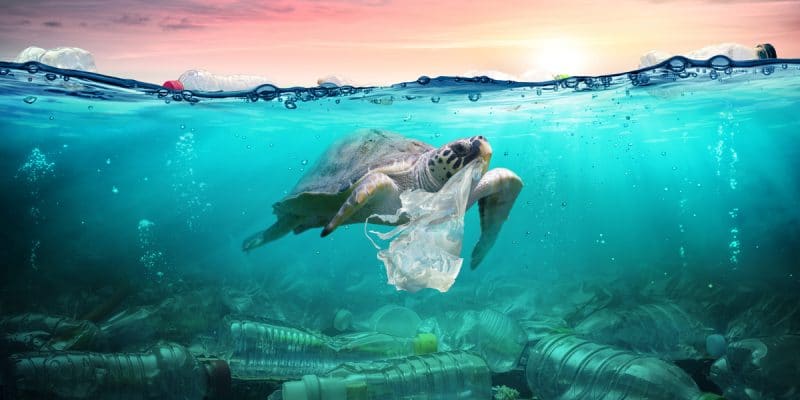The COMMON project for the integrated management of marine waste in the Mediterranean was launched on the 19th of December 2019 in Monastir, a city located in the central-eastern part of Tunisia. Funded by the European Union and implemented in Tunisia, Italy and Lebanon, it aims to clean up the waters of the Mediterranean, which is presented as the most polluted sea in Europe.
A new initiative aims to clean up the Mediterranean in order to preserve its biodiversity. A project called COMMON was launched on the 19th of December 2019 in Monastir, a coastal town in the Tunisian Sahel, located in the central-eastern part of the country. Funded by the European Union (EU) to the tune of €2.2 million, COMMON is a platform for the integrated management of marine waste in the Mediterranean.
Coordinated by the Italian NGO “Legambiente”, the project aims to improve public awareness of the issue of marine litter, develop training activities and build capacity for local and regional authorities, marine protected areas, sea turtle rescue centres and citizens in general. This work is taking place in five pilot sites: two in Italy (Maremma and Puglia), two in Tunisia (Kuriat and Monastir Islands) and one in Lebanon (Tyre).
The Mediterranean, an endangered sea
The launch of COMMON comes in a context marked by increasing pollution of the Mediterranean Sea. “The density of waste has more than doubled in thirty years”. “It was around 100 wastes per square kilometre in the 1990s. By 2012, it had risen to around 200, and by 2015 it had reached its peak with almost 300 wastes per square kilometre,” explains Olivia Gérigny, a researcher at the French Research Institute for Exploitation of the Sea (Ifremer).
According to the institute, the increase in the production of plastics (which make up 60% of the waste carpeted on the seabed) is partly responsible for this pollution. “Tunisia, for its part, generated 0.25 million tonnes of plastic waste in 2016, of which 0.05 Mt (20%) is not collected and 0.20 Mt (80%) collected for waste treatment. Only 0.15 Mt (60%) of this waste was sent to landfills, compared to 0.04 Mt (16%) freely disposed of in nature, and only 0.01 Mt (4%) was recycled,” said the National Institute for Marine Sciences and Technologies (INSTM).
Non-collected waste generally ends up in the sea, where it threatens marine biodiversity. With 0.7% of the ocean surface and 7% of marine species, the case of the Mediterranean is therefore worrying. “We are witnessing a drastic drop in biodiversity. It is estimated that 90% of large pelagic species such as tuna and mackerel have disappeared. This is enormous,” said Vincent Laudet, former director of the Banyuls-sur-Mer Oceanological Observatory.
Boris Ngounou







